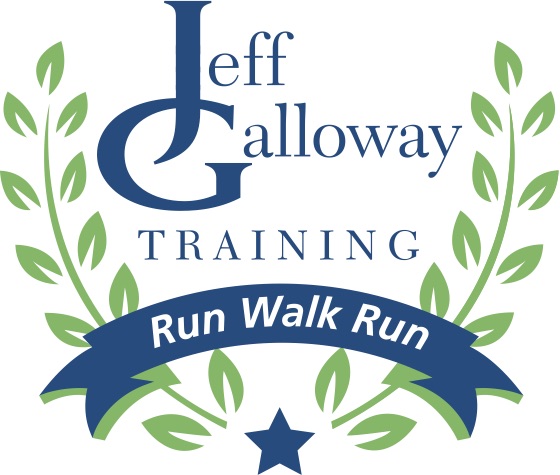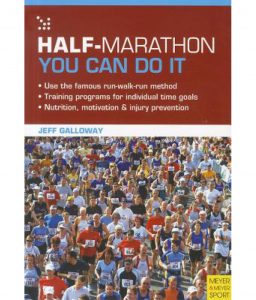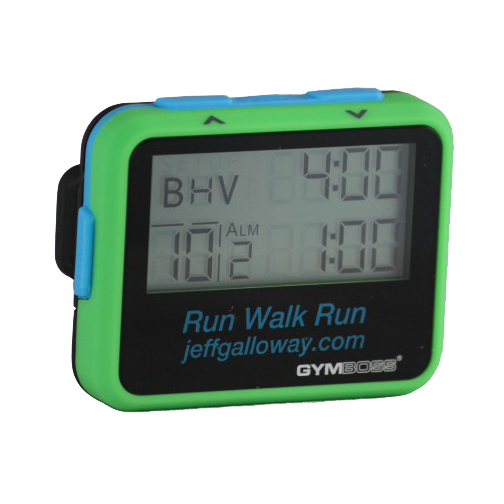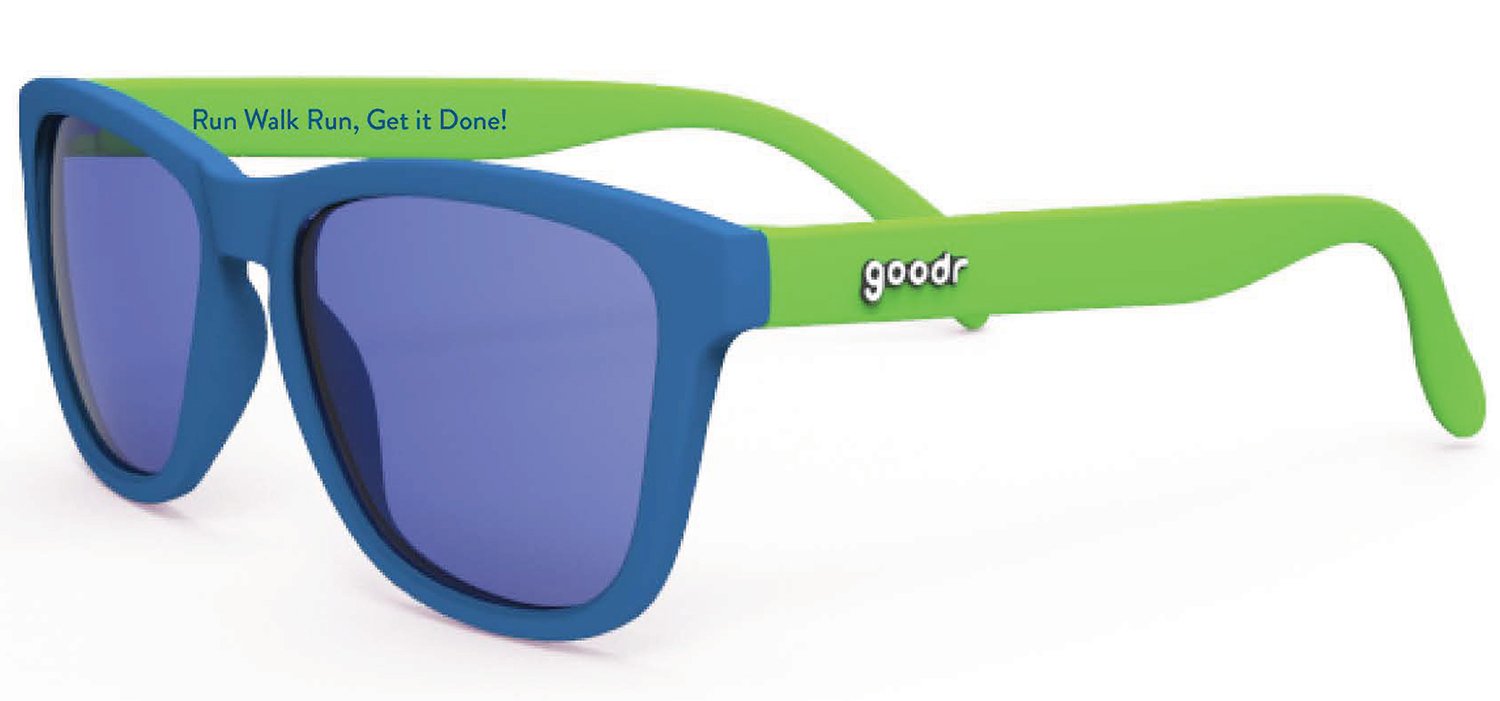Training
Half Marathon Training
Half Marathon To Finish—for runners and walkers (scroll down for the “Time Goal Schedule”)
How to Train for a Half Marathon by Jeff
This program is designed for those who have been doing some running or walking for a few weeks. If you think that you need more conditioning before starting the program, see Beginning Running
Customized Half Marathon Coaching by Jeff is available here!
Note: This is the minimum that I’ve found necessary to finish with strength. If you are already running/walking more than this amount and are able to recover between workouts, you may continue to do what you are doing—but be careful.
1. I don’t recommend that first-time half marathon participants try for a time goal. Do the first one to finish, running/walking at a comfortable training pace.
2. To begin this program, you should have done a long run/walk within the past 2 weeks of at least 3 miles. If your long one is not this long, then gradually increase the weekend run/walk to this distance before starting this program.
3. (Runners) What is my current level of performance? Read the chapter in the book on “Choosing The Right Goal…”. After you have run 3-4 “magic miles” (MM), multiply by 1.2. This tells you what you are currently capable of running in a half marathon right now (at a very hard effort), when the temperature is 60° F or below and when you have done the long runs listed in the schedule. Even in the half marathon itself, I don’t recommend running this fast—run at the training pace that was comfortable for you on your last long runs.
4. (Runners) What pace should I run on the long ones? Take your MM time and multiply by 1.3. Then add 2 minutes. The result is your suggested long run pace per mile on long runs at 60F or cooler. It is always better to run slower than this pace.
5. Walkers and runners should pace the long one so there’ no huffing and puffing—even at the end.
6. When the temperature rises above 60° F: runners slow down by 30 seconds a mile for every 5 degrees above 60° F. Walkers slow down enough to avoid huffing and puffing.
7. Run Walk Run ratio should correspond to the pace used (Runners).
8 min/mi—4 min run/30 sec walk
9 min/mi—3 min run/30 sec walk
10 min/mi—90 sec run/30 sec walk
11 min/mi—60 sec run/30 sec walk
12 min/mi—60 sec run/30 sec walk
13 min/mi—30 sec run/30 sec walk
14 min/mi—30 sec run/30 sec walk
15 min/mi—15 sec run/30 sec walk
16 min/mi—10 sec run/30 sec walk
8. Walkers use the walk-shuffle ratio that works for you to avoid huffing and puffing
9. It is fine to do cross training on Monday, Wednesday and Friday if you wish. There will be little benefit to your running/walking in doing this, but you’ll increase your fatburning potential. Don’t do exercises like stair machines that use the calf muscle on cross training days.
10. Be sure to take a vacation from strenuous exercise on the day before your weekend runs/walks.
11. An optional pace run TT is noted on the Tuesday run. To get used to a pace you want to run in the race itself, time yourself for a mile, and take the walk breaks as you will do them in the race.
12. Have fun!
13. Looking for a customized plan? For as low as $148 you can get 6 months of coaching by Jeff!
Half Marathon – Time Goal for runners
Note: This is the minimum that I’ve found necessary to prepare for the goal. If you are already running more than this amount and are able to recover between workouts, you may continue to do what you are doing—but be careful.
1. I don’t recommend that first-time half marathoners try for a time goal. Run the first one to finish, running mostly at a comfortable training pace.
2. To begin this program, you should have done a long run within the past 2 weeks of at least 5 miles. If your long one is not this long, gradually increase the weekend run to this distance before starting this program.
3. What is my current level of performance? Read the chapter in the book on “Choosing The Right Goal…”. After you have run 3-4 “magic miles” (MM), multiply by 1.2. This tells you what you are currently capable of running in a half marathon right now (at a very hard effort), when the temperature is 60° F or below and when you have done the long runs and speed training listed in the schedule.
4. What pace should I run on the long ones? Take your MM time and multiply by 1.3. Then add 2 minutes. The result is your suggested long run pace per mile on long runs at 60° F or cooler. It is always better to run slower than this pace.
5. Pace the long one so that you aren’t’ huffing and puffing—even at the end.
6. When the temperature rises above 60° F: Slow down by 30 seconds a mile for every 5 degrees above 60° F on long runs and the race itself.
7. Run Walk Run ratio should correspond to the pace used.
8 min/mi—4 min run/30 sec walk
9 min/mi—3 min run/30 sec walk
10 min/mi—90 sec run/30 sec walk
11 min/mi—60 sec run/30 sec walk
12 min/mi—60 sec run/30 sec walk
13 min/mi—30 sec run/30 sec walk
14 min/mi—30 sec run/30 sec walk
15 min/mi—15 sec run/30 sec walk
16 min/mi—10 sec run/30 sec walk
8. It is fine to do cross training on Monday, Wednesday and Friday if you wish. There will be little benefit to your running in doing this, but you’ll increase your fat-burning potential. Don’ do exercises like stair machines that use the calf muscle on non-running days.
9. Be sure to take a vacation from strenuous exercise on the day before your weekend runs.
10. At the beginning of the program, after you have run 2 MMs, you can choose a goal that is as fast as 30 seconds per mile faster than predicted by the process indicated in # 3—r any goal that is slower than this. (Read the “leap of faith goal” segment of the “Choosing The Right Pace” chapter.)
11. To prepare for your goal, 800-meter speedwork is included on non-long-run weekends. To compute your pace for the 800-meter (2 laps around a track), take half the time of your goal pace per mile, as you decided according to #10 above, and subtract 15 seconds.
12. Warm up for each 800-meter repeat workout by walking for 5 minutes, then jogging very slowly for 5-10 minutes. Then do 4-8 acceleration-gliders (see the segment about this in “Drills” chapter of Galloway’s Book on Running). Reverse this process as your warm down, leaving out the acceleration gliders.
13. Walk 2:30 to 3 min between each 800-meter repeat.
14. At the end of the first lap, walk for 10-30 seconds—but don’t stop your stopwatch. The time for each 800 should be from the start until you finish the second lap.
15. If you have recovered from the weekend workout on Tuesday, run a mile at race pace (noted as “p” on the Tue line). After an easy warmup, run 4 of the cadence drills (CD) and 4 acceleration-gliders (Acg). These are described in the Drill section of my Galloway Training book. Then run a mile segment at goal pace, taking the walk breaks as you plan to do them in the race. Jog for the rest of your run.
16. On long runs and the race itself, slow down when the temperature rises above 60° F: by 30 seconds a mile for every 5 degrees above 60° F or more.
17. It is fine to do cross training on Monday, Wednesday and Friday if you wish. There will be little benefit to your running in doing this, but you’ll increase your fatburning potential. Don’t do exercises like stair machines that use the calf muscle on non-running days.
18. Be sure to take a vacation from strenuous exercise on the day before your weekend runs.
19. Have fun!
20. Looking for a customized plan? For as low as $148 you can get 6 months of coaching by Jeff!
- Running in the Summer Heat
- #1 Drill To Get Faster
- Bouncing Back From The Run That Didn’t Go According To Plan
- No Need to Ever Eliminate the Walk Breaks
- How to maintain the endurance gained on the long run.
- How Many Days Per Week?
- How to Run Better as You Get Older
- Journal Tip: Your Morning Pulse is a Great Guide of Overstress
- Short Uphill Stride Helped Me Run My Fastest Marathon…at Age 35
- Sweat the Electrolytes





